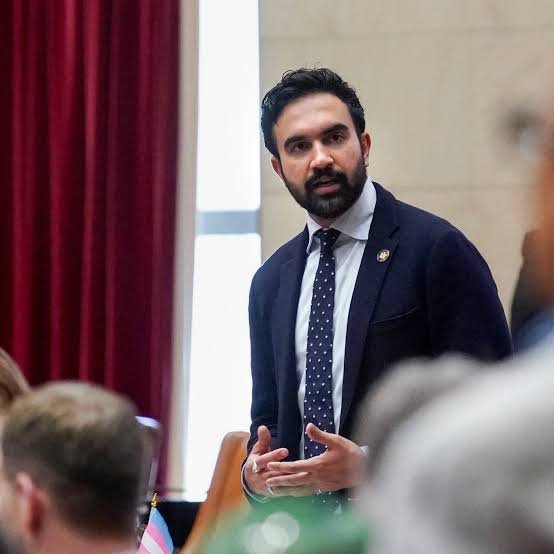Zohran Mamdani’s Homecoming: A Mayoral Candidate’s Journey to the Pearl of Africa From Newyork back to Uganda his first homehttp://www.avirooms.com
The red dust of Entebbe Road swirled around Zohran Mamdani’s rented Toyota as he navigated Kampala’s vibrant chaos, his heart pounding to the rhythm of the city he’d left behind at age seven. The New York City mayoral hopeful—a human rights lawyer turned progressive firebrand—hadn’t returned to Uganda in 25 years. Now, with the Statue of Liberty pin still fastened to his lapel and a campaign rally postponed, he’d come to reconcile the two worlds shaping his bid to lead America’s largest metropolis.
Roots and Reckoning
At the family compound in Mbarara, Zohrun’s elderly Nyina (mother) greeted him with a trembling embrace, her hands still bearing calluses from decades of nursing shifts in Queens. Relatives spilled out of clay-walled homes, roasting nyama choma (grilled meat) over open flames while debating his controversial platform: defunding carceral systems, universal childcare, and reparations for redlined neighborhoods. “You speak of justice,” his uncle, a retired Ugandan Supreme Court justice, mused while sharpening a sugarcane stalk with a pocketknife. “But will New Yorkers trust a muzungu who forgets his mother tongue?” The question lingered like Kampala’s equatorial humidity.
Lessons from the Land
A dawn visit to Lake Bunyonyi’s terraced islands with his cousin, a climate activist battling oil pipeline construction, reshaped Zohrun’s environmental agenda. “You New Yorkers think electric cars will save you,” she scoffed as dugout canoes glided past floating water hyacinth. “What about the mothers breathing refinery fumes here?” Her challenge birthed a new campaign pledge: a transnational climate justice fund linking NYC’s coffers to frontline Global South communities.
Meanwhile, in the shadow of Rwenzori’s “Mountains of the Moon,” Zohrun joined a youth cooperative harvesting Arabica coffee—the same beans his father had once loaded onto ships at Mombasa’s port. “Fair trade isn’t enough,” a 19-year-old farmer told him, calloused palms upturned. “We need ownership.” The encounter inspired his radical economic policy: mandating NYC pension funds to invest in worker-owned cooperatives worldwide.
The Diaspora’s Dilemma
Critics back home pounced. The New York Post ran a headline: “Mamdani’s African Vacation—Your Taxes at Work?” But footage of Zohrun dancing Amagunju at a Kampala synagogue (his family were Ugandan Jews expelled by Idi Amin) went viral in key diaspora neighborhoods: Crown Heights, Bronx’s Little Senegal, Queens’ Punjabi Mile. At a raucous rally in Nakawa Market, he quoted the Lusoga proverb “Obwavu tebwuma” (“Poverty isn’t permanent”), flanked by Ugandan LGBTQ+ activists whose resilience mirrored his fight for asylum seekers in Harlem.
The Bridge Builder’s Return
On his final night, Zohran stood at the Jinja Nile Bridge—once a colonial railroad lifeline, now a symbol of Afro-futurism—recording a campaign ad. “New York taught me to shout,” he declared.



zohran in New York


















